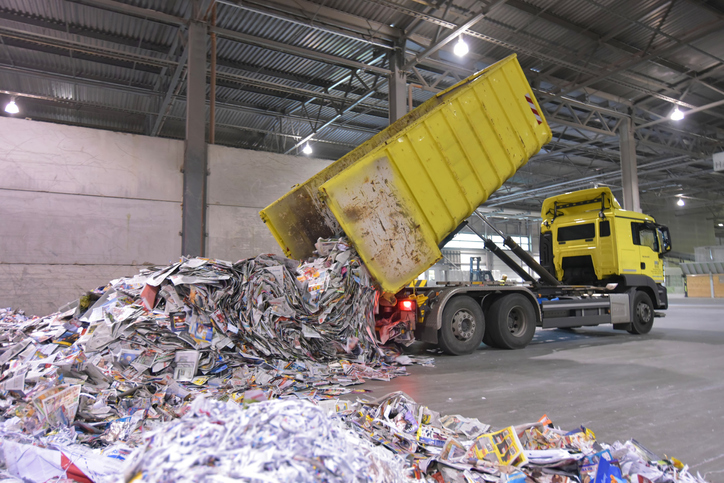Waste management is a critical component of modern society, ensuring our environments remain clean and sustainable. At the heart of this essential service lies hydraulic technology, which powers the machinery and equipment designed to collect, transport, and process waste and recyclables. From garbage trucks to compactors and balers, hydraulics enable the heavy lifting and precise control necessary for efficient waste handling.
The Mechanisms at Work: How Hydraulics Operate in Waste Management
In waste management, hydraulic pumps, motors, and cylinders form the core of operational machinery, acting as the system’s heart and muscles. The pump initiates the process, transforming mechanical power into hydraulic energy that is then directed through the system to perform tasks. This energy flows to hydraulic motors and cylinders, which apply the necessary force for lifting, pushing, and pulling. For example, these components work together to lift heavy bins into garbage trucks and compact waste, significantly increasing the truck’s capacity and efficiency in waste collection.
Furthermore, hydraulic motors power the conveyors and sorting mechanisms in recycling facilities, ensuring materials move smoothly through the plant for processing. This precise control and powerful performance of hydraulic systems make waste management tasks not only manageable but also safe and efficient. By leveraging the robustness and reliability of hydraulics, waste management operations can sustain the pace and scale required to keep our communities clean and environmentally friendly.
Benefits of Hydraulic Systems in Waste Management
Hydraulic systems are highly efficient in waste management, as they require less energy to lift and compact waste. This not only speeds up operations but also helps handle larger volumes of waste effectively, contributing to environmental sustainability. In the demanding waste management sector, hydraulic technology ensures durability and reliability, even in harsh conditions.
Moreover, hydraulic systems are versatile and can be adapted to various tasks, such as precise maneuvering and high-force applications. This makes them indispensable in waste management operations. Their ability to withstand rigorous use leads to fewer breakdowns and lower maintenance costs, ensuring continuous operation. With their efficiency, durability, and flexibility, hydraulic systems play a crucial role in enhancing the effectiveness and sustainability of waste management practices.
Challenges in Waste Management and Hydraulic Solutions
Waste management faces challenges such as handling diverse materials and operating in varied environments. Hydraulic systems address these challenges through versatility and adaptability, offering solutions like adjustable pressure settings and robust designs. Regular hydraulic repair services ensure these systems maintain peak performance, minimizing downtime in critical waste management operations.
Innovations and Sustainability in Hydraulics for Waste Management
Recent advancements in hydraulic technology are making waste management more sustainable. Innovations include more energy-efficient hydraulic systems and designs that minimize environmental impact. These advancements not only improve operational efficiency but also contribute to the industry’s sustainability goals.
Enhancing Waste Management with Texas Hydrostatics
Texas Hydrostatics stands at the forefront of integrating advanced hydraulic solutions into the waste management industry. Our team, led by our head hydrostatic engineer, Steve Seckel, whose expertise and dedication ensure our operations and services meet the highest standards of quality and efficiency, is committed to innovation and excellence. With over 35 years of experience and a facility equipped with the latest technology, Texas Hydrostatics is your trusted partner for hydraulic repair services and solutions that drive the waste management industry forward. Contact us to learn how we can support your operations with cutting-edge hydraulic solutions, tailored to the unique challenges of waste management.

